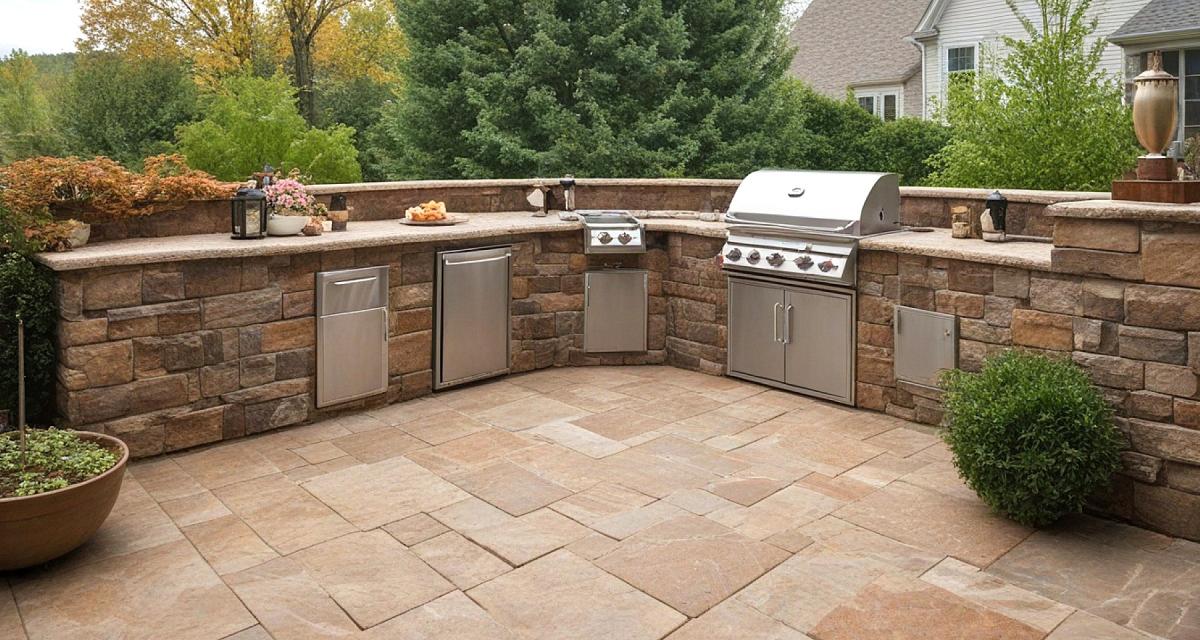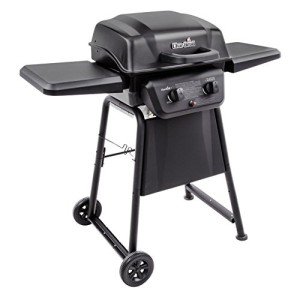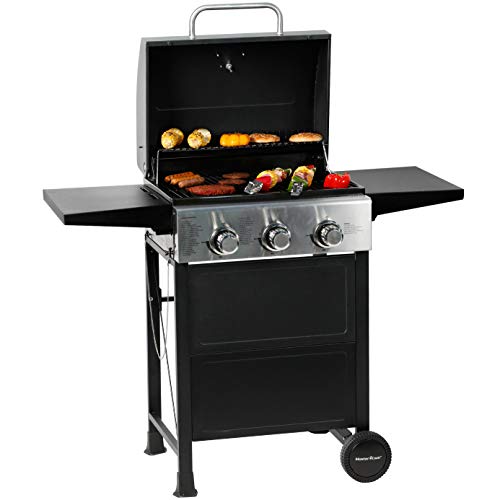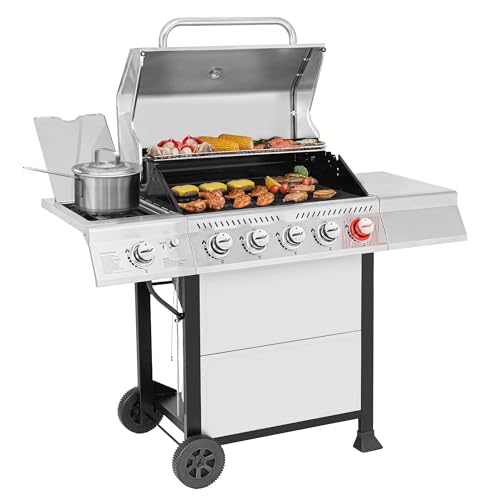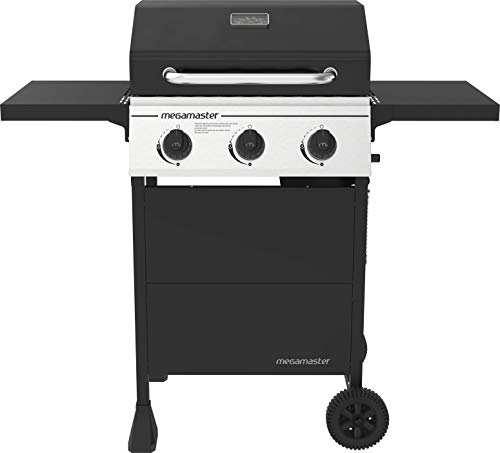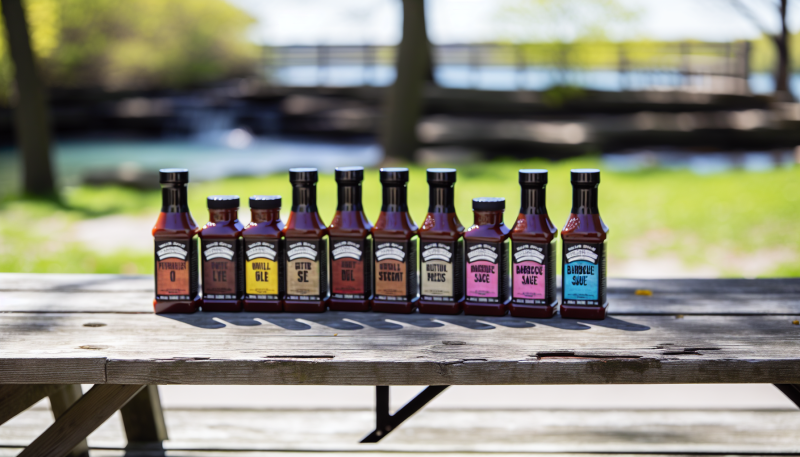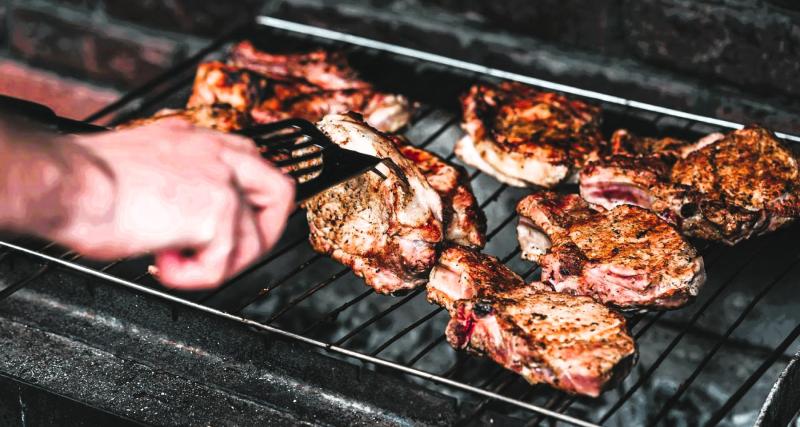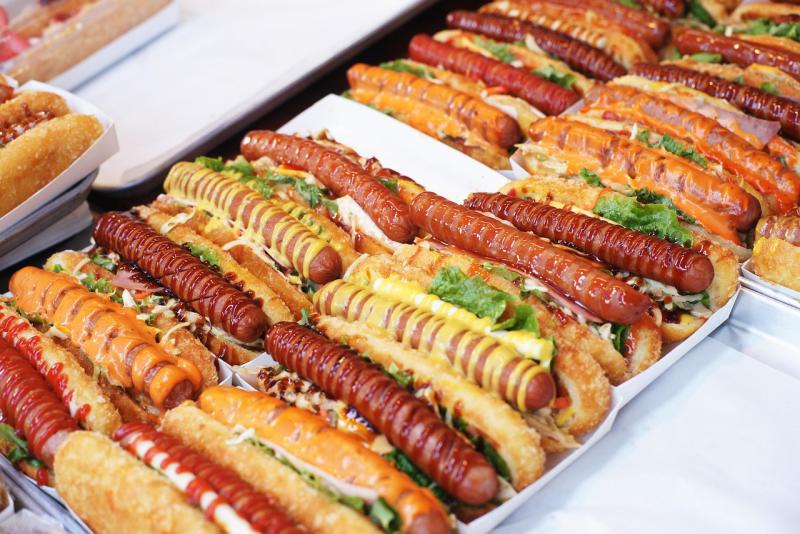Choosing the perfect gas grill can elevate your outdoor cooking game and make every barbecue session a memorable one. With so many options available, it might feel overwhelming, but don’t worry – we’ve got you covered!
Whether you’re hosting a casual backyard gathering or perfecting your steak-searing skills, the right gas grill can match your needs and style. From the size of the grill to the number of burners and extra features like side burners or rotisseries, the possibilities are endless. When it comes to buying the perfect gas grill, there are 7 key factors to consider in finding the perfect fit for your grilling needs.
Here’s the Essential Tips for Picking Your Perfect Gas Grill:
Grill Size
The size of the grill you choose will depend on how much food you typically cook at one time. If you're only cooking for yourself or a small family, a smaller grill with around 200-500 square inches of cooking space may be sufficient. However, if you frequently host large gatherings or cook for a big family, you'll want to opt for a bigger grill with over 500 square inches of cooking space.
In addition to the cooking space, you'll also want to consider the overall size of the grill. Make sure you have enough space on your patio or deck to accommodate the size of the grill you choose. You'll also want to consider how easy it is to move the grill around if you need to store it away during inclement weather or when not in use. Some grills come with wheels for easier mobility, which can be a great feature if you like to move your grill around frequently.
Another important aspect to consider when thinking about the size of the grill is how many burners it has. Typically, the more burners a grill has, the more evenly it will distribute heat across the cooking surface. This can be particularly important if you like to grill different types of food at the same time, as it allows you to have different temperature zones on the grill. When choosing a gas grill, be sure to consider the size, overall dimensions, and number of burners to find the perfect fit for your grilling needs.
BTU Rating
It's important to note that a high BTU rating doesn't always equate to better cooking performance. The size and construction of the grill, as well as other factors like the design of the burners and cooking grates, also play a role in how well the grill cooks. So while a high BTU rating is definitely a good indicator of heating power, it's not the only factor to consider.
When shopping for a gas grill, look for one with a BTU rating that is appropriate for the size of the grill. For example, a smaller grill doesn't need as high of a BTU rating as a larger grill to achieve the same cooking performance. Aim for 80–100 BTUs per square inch of cooking space for most efficient heat output.
It's also important to consider the construction and design of the grill, as these factors can affect how efficiently the grill uses its heating power. Ultimately, finding the right balance of BTU rating and other features will help you choose the perfect gas grill for your needs.
Cooking Grates
Cast iron cooking grates are durable and retain heat well, making them ideal for searing meat and creating those coveted grill marks. However, they require regular maintenance to prevent rusting and are heavier than other options. Stainless steel cooking grates are easy to clean and resist rust, but they don't retain heat as well as cast iron. Porcelain-coated cooking grates combine the best of both worlds, offering durability, easy maintenance, and good heat retention.
When choosing cooking grates for your gas grill, consider how often you grill, the types of food you typically cook, and your maintenance preferences. Ultimately, the right cooking grates can enhance your grilling experience and ensure that your food is cooked to perfection every time.
Burners
Look for stainless steel or brass burners. Each one is durable and distributes heat evenly. Also, more burners help to achieve better heat control.
Ignition System
Electronic and battery-powered igniters are considered to be more reliable than manual or push-button starters.
Price Comparison
When it comes to choosing the perfect gas grill, price is often a key factor that needs to be considered. Gas grills come in a wide range of prices, making it important to find one that fits within your budget while still meeting your needs. Entry-level gas grills can be found for as little as $200, while high-end models can cost upwards of $2000 or more. It's important to remember that price isn't always an indicator of quality, so it's essential to do your research to ensure you're getting the best value for your money.
One way to compare prices is to look at the features and specifications of different gas grill models. Pay attention to important factors such as cooking surface area, BTU output, materials used in construction, and additional features like side burners or temperature gauges. These factors will all play a role in determining the overall cost of the grill. Additionally, it's a good idea to read reviews from other customers to see if the grill is worth the price tag.
Warranty
Another aspect to consider when comparing prices is the warranty offered by the manufacturer. Some gas grills come with a limited warranty, while others offer longer coverage for parts and labor. A longer warranty may justify a higher price tag, as it provides peace of mind knowing that the manufacturer stands behind their product. Ultimately, finding the perfect gas grill at the right price will require careful consideration of your budget, needs, and desired features.
Practical Add-ons
- Side Burners: Having a side burner is handy for making/warming up sauces or side dishes without having to leave the grill.
- Grease Management: It's nice to have a pull-out grease try to make clean-ups easier and prevents flare-ups.
- Temperature Gauge: Built-in temperature gauge helps to monitor the grills internal heat without having to lift the lid.
- Tool Hooks and Storage: Having tool hooks along the sides keeps your tongs, spatulas and spices within easy reach as you grill.
Build Quality and Materials
- Body Construction: Best to opt for stainless steel or cast alumium body construction for longevity and rust resistance.
- Lid and Cart: Having a heavier lid retains heat better, and a sturdy cart adds stability and convience.
Optional Premium Features
- Rotisserie kit: perfect for cooking whole chickens or roasts.
- Infrared Burners: great for high-heat searing and moisture retention for meats.
- Heat Zone Separators: create multiple cooking zones, making it great for multitask cooking.
- Built-in Lighting: ldeal for evening or night-time grilling sessions.
🔥 Final Thoughts
Choosing the perfect outdoor gas grill isn’t just about specs—it’s about finding the right tool to elevate your backyard experience. From sturdy construction to smart features like side burners and heat zones, today’s grills offer more than just a place to cook—they become the heart of gatherings, flavor, and summer memories.
Whether you're an aspiring grill master or a weekend warrior, the ideal grill blends performance, convenience, and personality. So take your time, weigh your options, and pick a grill that suits your style. Your next great cookout is just a spark away.
